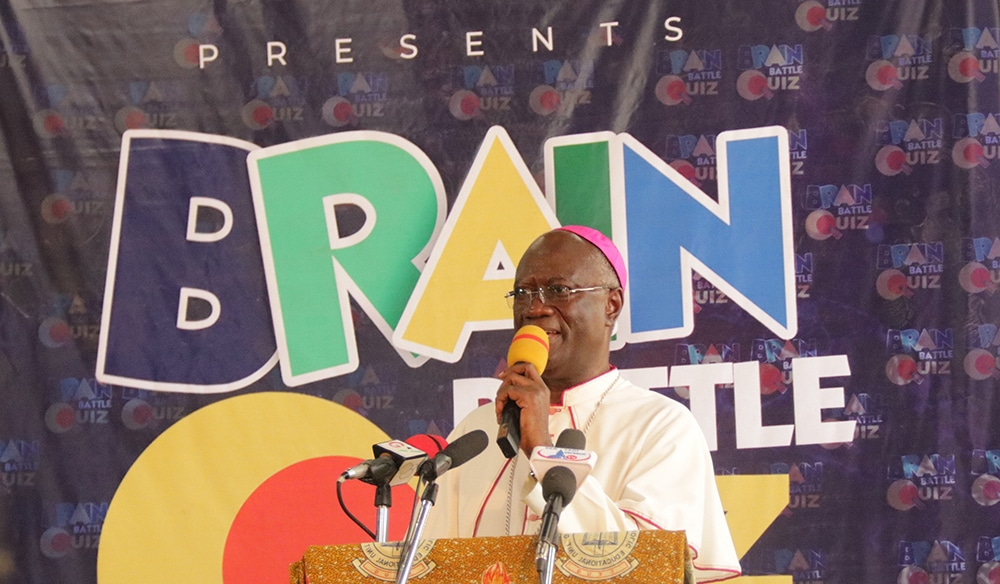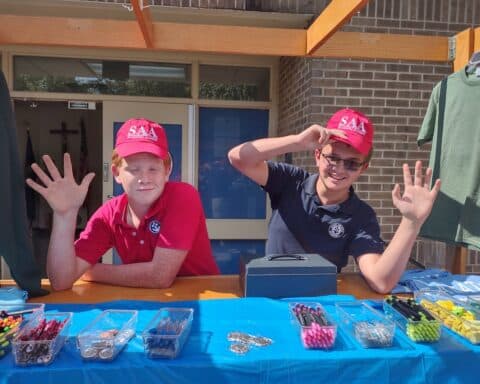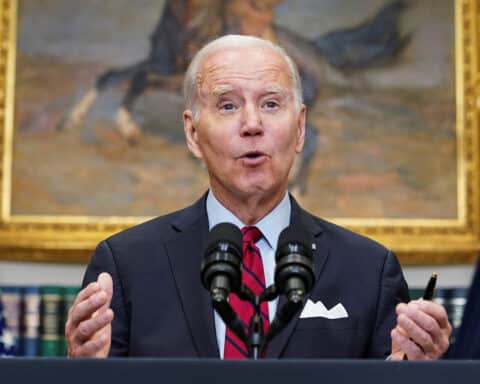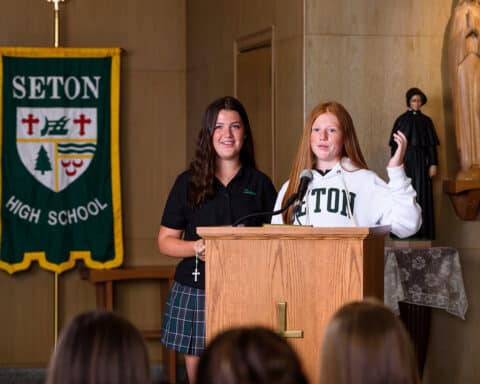ACCRA, Ghana (CNS) — As students from 21 Catholic schools in Ghana began a three-day science and mathematics quiz, Archbishop John Bonaventure Kwofie of Accra said the competition would ultimately help the West African country’s development.
Apart from demystifying the study of STEM — Science, Technology, Engineering and Mathematics, the Feb. 7-9 contest would help unleash the students’ innovative skills, the archbishop said.
“As this country continues to advance, the need for science has become apparent, and we need to have many people in the area of science and technology,” he told a news briefing at Holy Spirit Cathedral in the capital, Accra, where the quiz was being held.
The competition was for children ages 4-15 and was an initiative of the bishops’ education directorate and an independent media organization for youth. It “is not for only Catholics, but Catholic schools,” where non-Catholics outnumber Catholics, Archbishop Kwofie said.
“As you seek knowledge and intellectual capacities, seek good character also,” he said, noting that “building intellectual capacity goes together with seeking good character.”
Doris Ashun, general manager of Catholic schools in Ghana, said that “the belief that men study and work at the industrialized institutions while women nurture the learner at home should be a thing of the past.”
Girls should be encouraged and supported to be competitive academically, she told the briefing.
The Brain Battle National Science and Mathematics Quiz for Catholic Basic Schools was a three-round contest on topics of agricultural science, chemistry, physics, biology and mathematics, and had a strong practical component, she said.
“At the basic school level, it is important to get science education right,” Ashun said. Teachers need support to be able “to bring out the very best in our children through creative, exciting and practical teaching methods,” she said, noting that a program will be designed to equip science and mathematics teachers to do this.
In addition to Catholic-run schools, Ghana has 1,183 Catholic schools that receive government assistance, and these produce excellent results in basic education, according to national statistics from the Ghana Education Service.
As well as the fact that more than half of children in Catholic schools “from the basic level to the tertiary are non-Catholics who value the known discipline and excellence associated with Catholic education,” all of Ghana “is benefiting through the national broadcast of the content of this quiz,” Ashun said.
The competition is designed to help “our children to develop problem-solving skills and unique abilities to think outside the box,” she said. She added that “much of the future job growth in the world will be in STEM.”
Contestant Moses Baidoo of St. Francis of Assisi Basic School was optimistic that the competition would help participants achieve more, especially in secondary school.
“It is an eye-opener for me to be a part of this” competition, he said, noting that “we have a lot to learn by acquiring knowledge in science and mathematics.”





